The views expressed in our content reflect individual perspectives and do not represent the authoritative views of the Baha'i Faith.
At last, in December of 1852, the Shah released Baha’u’llah from the Black Pit, Persia’s worst dungeon.
Now 35 years old, Baha’u’llah emerged physically bent by the weight of the chains and heavy steel collars that had bound him, his health compromised by an attempt to poison him while in his cell. But spiritually, the revelation he experienced while imprisoned had elevated his soul:
While engulfed in tribulations I heard a most wondrous, a most sweet voice, calling above My head. Turning My face, I beheld a Maiden—the embodiment of the remembrance of the name of My Lord—suspended in the air before Me. So rejoiced was she in her very soul that her countenance shone with the ornament of the good pleasure of God, and her cheeks glowed with the brightness of the All-Merciful. Betwixt earth and heaven she was raising a call which captivated the hearts and minds of men. She was imparting to both My inward and outer being tidings which rejoiced My soul, and the souls of God’s honoured servants. – Baha’u’llah, The Summons of the Lord of Hosts, p. 4.
Baha’u’llah knew, from that moment in that prison, that he was destined to become a messenger of God.
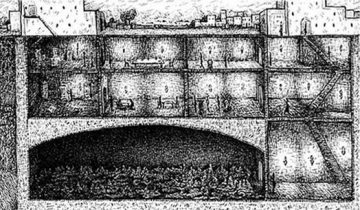
Diagram of The Black Pit (Siyah Chal).
Soon after that came an order from the Shah that Baha’u’llah leave Persia within one month. The order of exile to Baghdad banished Baha’u’llah from his homeland for life, and resulted in the confiscation of his property, his landholdings and all other possessions. What the mobs had not stolen by riot, the Prime Minister now took by fiat. He transferred the deeds to some of Baha’u’llah’s properties to his own name.
As the family considered the difficulties of travel to Baghdad in the middle of winter, they feared that Baha’u’llah and his wife Navvab’s youngest child, Mihdi, would not survive the exile. He was very young and in delicate health. For his protection, his parents reluctantly left him in the care of relatives in Persia. It would be several years before he was able to rejoin his parents.
The grueling exile of Baha’u’llah from Persia to Iraq required a three-month, six hundred-mile journey, from January to April. The seventy people in the party of exiles walked or rode on horses or mules. They progressed slowly through that severe winter, particularly as they passed over the mountains, and because the impoverished exiles had no warm clothes to protect them from the weather, frostbite afflicted many. Abdu’l-Baha’s hands and feet were frostbitten after riding all day in the frigid cold. They rode or walked through the raw stark whiteness of winter in the mountains, with no idea of what lay ahead.
As spring approached, the mountain passes receded behind them. Coming closer to Baghdad, Baha’u’llah and his family and followers camped in an orange grove in full blossom for the Persian new year holiday, called Naw-Ruz, on the vernal equinox in March. Despite Baha’u’llah’s banishment from the government, and despite their escort of mounted guards from Persia, Baha’u’llah continued to teach the Babi Faith through the villages as they traveled. As they passed from Persia to Iraq, Baha’u’llah found followers among the Kurds and Arabs. Some of the Arab and Kurdish followers traveled with them to the gates of Baghdad.
In the mid-19th Century Baghdad was a major city of the Ottoman empire, well-known for its great mosques and city squares. Baha’u’llah and his family found a small house in the old quarter of Baghdad and began their exile. They would never return to their native country.
The flame kindled by the Bab and fueled by the hopes and lives of so many Babis was now nearly extinguished. The Persian Government’s campaign of genocidal extermination had done its terrible, bloody best to blot out the Babi Faith. The believers, now terrorized, traumatized and scattered, had to practice their new Faith in secret. Many who had not lost their lives had lost their hope. The Bab and most of the leaders of his new Faith had gone to their deaths at the hands of a brutally repressive government. The hopes of this new Faith had never ebbed lower.
In the midst of all this, Baha’u’llah decided to go alone into the wilderness. Like the prophets of old, he went into a kind of self-exile, to the mountainous regions of Kurdistan in what is now northern Iraq. Abdu’l-Baha wrote that Baha’u’llah:
… quitted Iraq alone and solitary, without companion, supporter, associate, or comrade. For nigh upon two years He dwelt in Turkish Kurdistan, generally in a place named Sar-Galu, situated in the mountains, and far removed from human habitations. – Abdu’l-Baha, A Traveller’s Narrative, p. 38.
You May Also Like
Comments



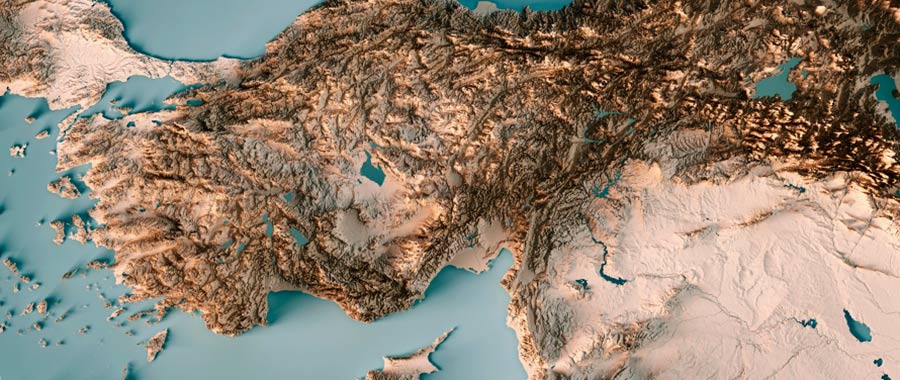

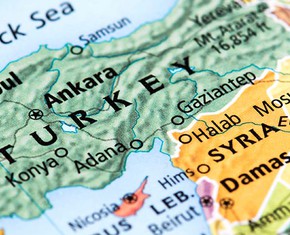
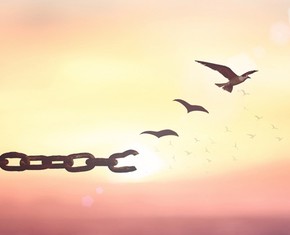
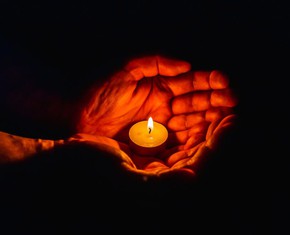









(Shoghi Effendi, The Compilation of Compilations vol II, p. 5)